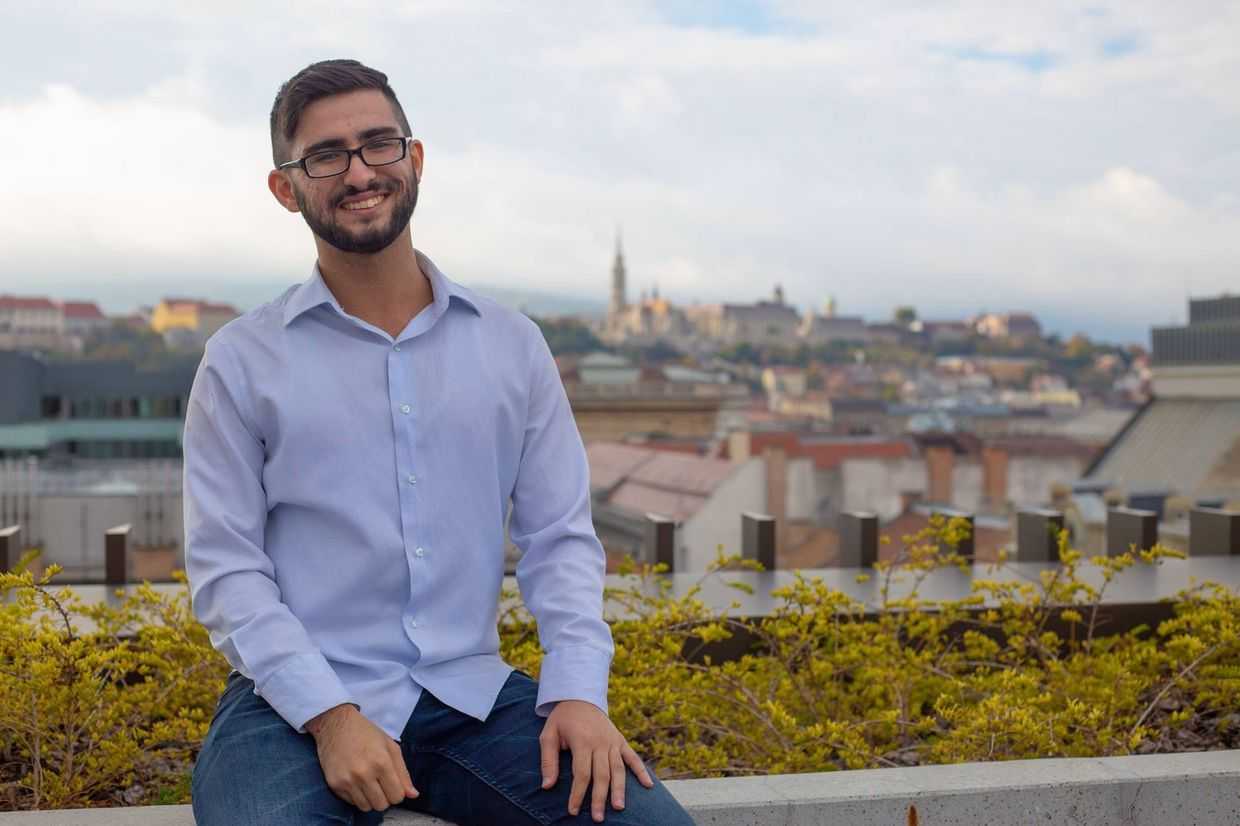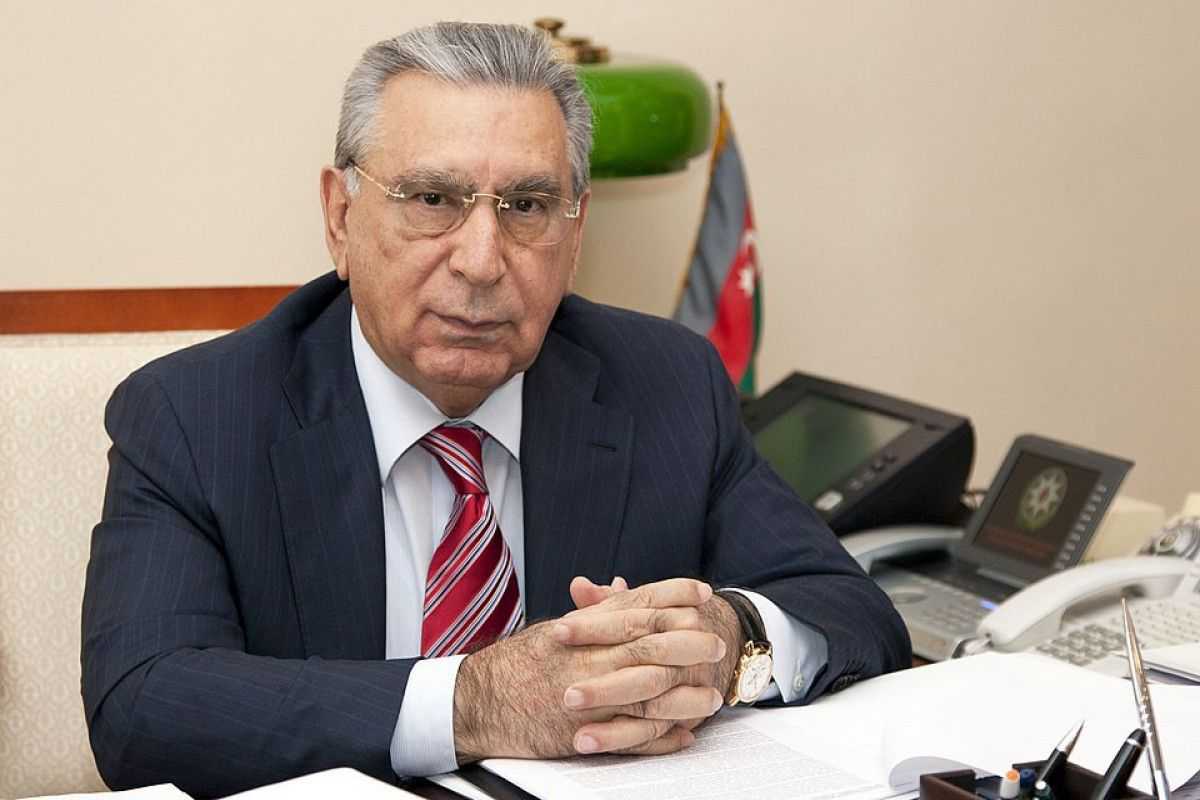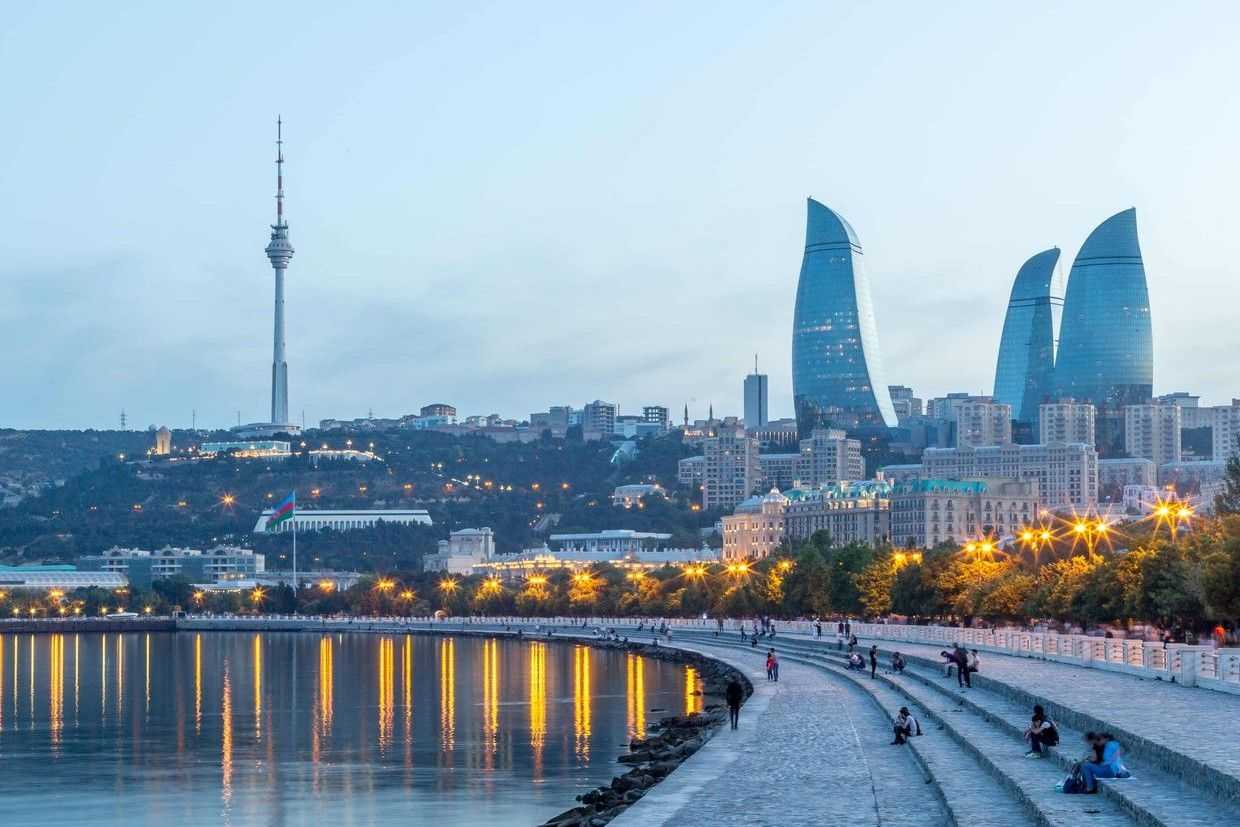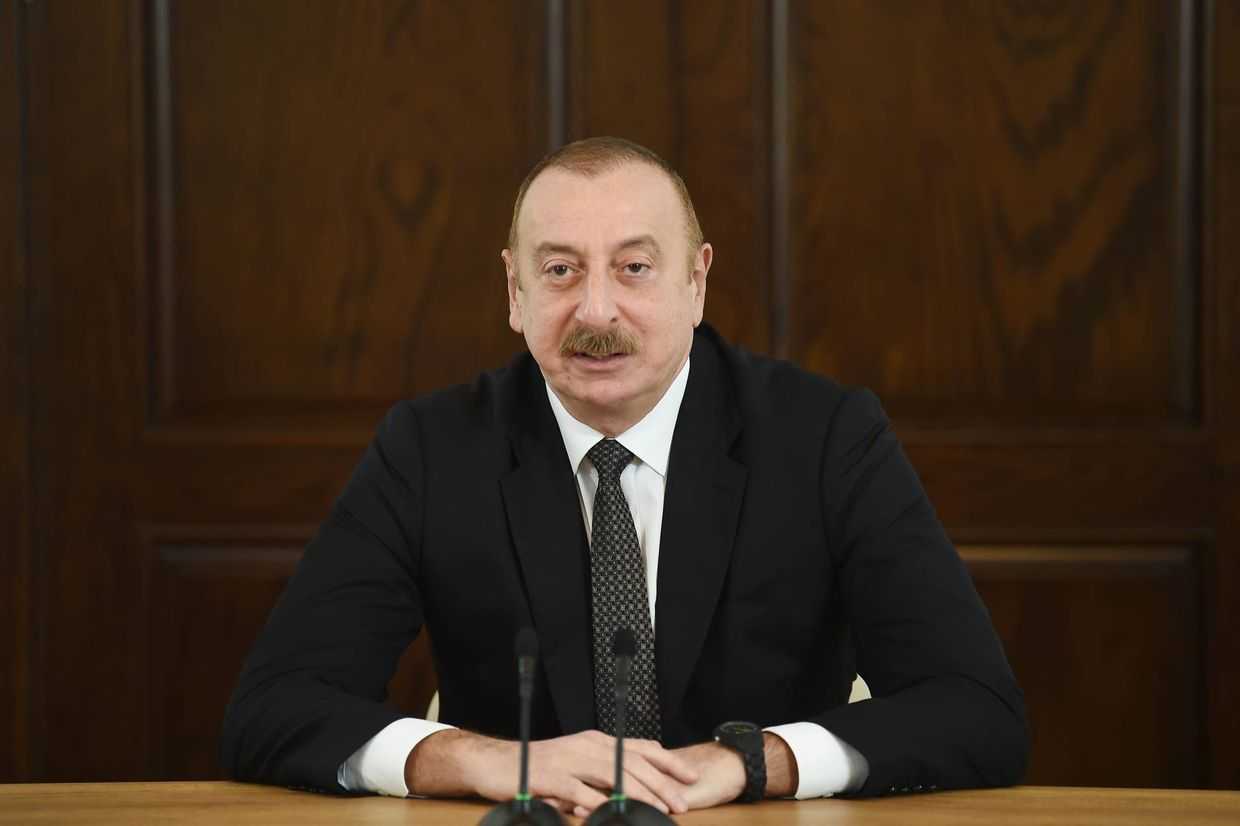Council of Europe urges Azerbaijan to clear criminal records of activists and opposition figures

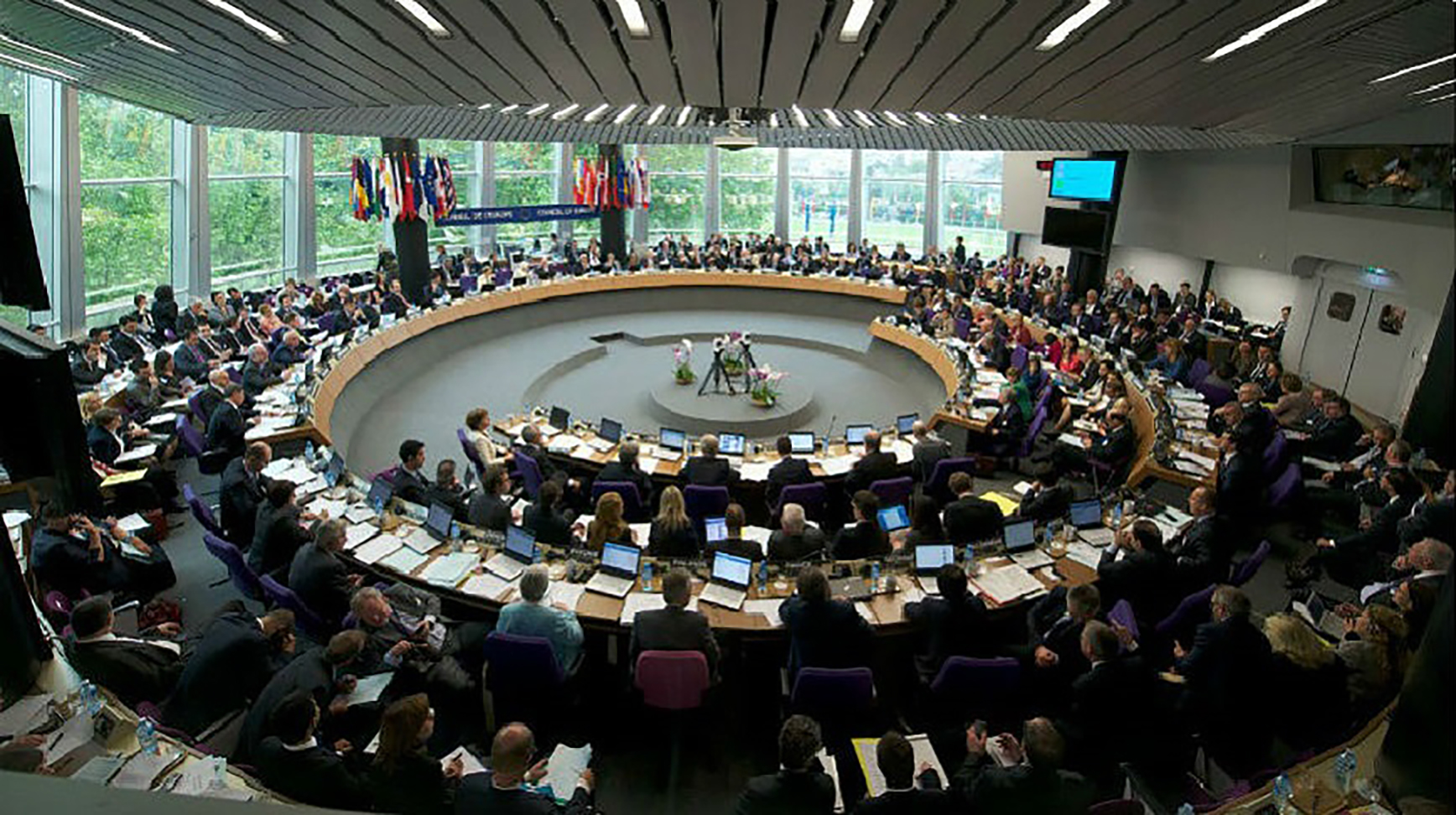
The Council of Europe’s Committee of Ministers has urged the government of Azerbaijan to abide by its obligations and remove all restrictions on ReAl party leader Ilgar Mammadov and seven others who were determined to be falsely imprisoned.
The committee, which monitors the implementation of European Court of Human Rights (ECHR) rulings, delivered the comments on 25 September while reviewing the performance of the Azerbaijani government.
Along with Mammadov’s case, the committee was critical of the government’s handling of the cases of human rights defenders Intigam Aliyev and Rasul Jafarov, and five other government critics and civil society activists.
The Committee stressed that Azerbaijan must rapidly eliminate all the remaining negative consequences of the criminal charges brought against each of the individuals — who all successfully appealed to the ECHR — principally by ensuring that their convictions are quashed and erased from their criminal records.
In May 2019, the ECHR found Azerbaijan guilty of violating the European Convention on Human Rights by failing to comply with an ECHR ruling in 2014 ordering Mammadov’s release.
‘I can’t leave the country or change my place of residence without notifying the authorities. Mamedov said in an interview with the Turan Information Agency. ‘Every 10 days I have to register at the office of the so-called probation service and demonstrate by my behaviour that I have embarked on the path of correction.’
Mamedov further said that he is subject to restrictions that are not spelt out in the court decision but exist according to Azerbaijani law, including a ban on running in parliamentary and presidential elections until 2026.
Mammadov, the leader of the opposition ReAl party, had put forward his candidacy for the November 2013 presidential elections. He was arrested in March 2014 on charges of organising riots in the Ismayilli District of Azerbaijan.
He was subsequently convicted of ‘organising actions that contribute to disturbing public order’ and ‘resisting police with a force that threatens their life and health’.
Thereafter, the first charge was replaced with a heavier one — ‘organisation of mass riots, accompanied by arson and pogroms’. The court sentenced him to seven years in prison.
Mammadov appealed to ECHR regarding his arrest and pre-trial detention and in 2014, the court found that he had been arrested and detained without any evidence to reasonably suspect him of having committed a criminal offence.
The ECHR concluded that his arrest was politically motivated and demanded that the Azerbaijani authorities reconsider his case.
After the ECHR ruling, Mammadov spent another four years in prison.
In August 2018, Azerbaijan’s Sheki Appellate Court replaced Mamedov’s remaining prison term with a suspended sentence and a two-year probationary period. He was placed under a travel ban, which prevented him from leaving Azerbaijan.
Aliyev and Jafarov
The Committee did not some positive progress, including that case files and property sized from Intigam Aliyev had been returned to him, that his organisation’s offices had been unsealed, and that his bank account had been unfrozen.
Aliyev, the head of the Legal Education Society, was arrested in August 2014 and charged with illegal entrepreneurship, large-scale tax evasion, and abuse of power. He was held in pre-trial detention for 10 months.
In April 2015, he was convicted and sentenced to seven and a half years in prison. He received a conditional early release in March 2016.
On 20 September 2018, the ECHR found a number of violations in Azerbaijan’s investigation and detention of Aliyev and ruled his jailing ‘politically motivated’. It awarded Aliyev €20,000 in compensation for damages as well as his legal costs of €6,150.
[Read more on OC Media: ECHR rules jailing of Azerbaijani rights lawyer ‘politically motivated’]
The ECHR also ruled that the authorities had charged and arrested Aliyev on insufficient grounds.
On 14 September, the Prosecutor’s Office returned documents which they had seized from the Aliyev’s organisation and unsealed the organisation’s offices.
Despite the return of the documents and the unsealing of the offices, Aliyev claims that his and the organisation’s bank accounts remain frozen and that he still considers himself under arrest due to ongoing restrictions on his personal freedom.
The case of Rasul Jafarov, an Azerbaijani human rights defender was also reviewed by the ECHR.
Jafarov, a lawyer and the founder of the Human rights club, was arrested in August 2014, on charges of illegal enterprise, tax evasion, and abuse of official power. He was placed into three-month pre-trial detention. In April 2015, he was sentenced to six and a half years in prison.
Jafarov was working on cases that rights groups insist were politically motivated and reporting his findings to international institutions, including the Council of Europe. He was pardoned by the President of Azerbaijan on 17 March 2016, after widespread calls for his release by local rights organisations and the international community.
Like Aliyev, Jafarov is also subject to a number of restrictions which prevent him from proceeding with his legal career.
‘We need the status that was ours before our arrests to be returned to us, that is, we are now considered [not as regular citizens but] as former prisoners. It creates difficulties for us’, Jafarov told OC Media. ‘I can’t be a member of the Bar Association or run in presidential and parliamentary elections’.
‘I hope that this decision leads to what should have been done a long time ago — full acquittal in the criminal case’, he added.
Ramute Remezaite, a lawyer representing Aliyev and Jafarov and a member of the European Human Rights Advocacy Centre, a British rights organisation, told OC Media that they welcomed the decision.
‘We welcome the Committee’s strongly worded decision requiring the Government of Azerbaijan to rapidly ensure that the convictions of human rights defenders Intigam Aliyev and Rasul Jafarov are quashed and their criminal records are erased, along with any other negative consequences such as the travel ban against Mr Aliyev — something that we have been calling for since the adoption of the judgments.’
Remezaite said that the government reported that it had sent all these cases to the Supreme Court for reconsideration on 12 September 2019.
‘We will closely follow what the Court will decide and hope that it will finally put an end to this persecution’, she said.
The Committee of Ministers also underlined that the obligation to pay compensation is unconditional, and noted that that certain sums still remained outstanding. They called on the Azerbaijani authorities to proceed promptly with the full payment, including any interest that has accrued.
Jafarov told OC Media that his compensation was being paid with delays.
‘My just compensation is €25,000. I was paid €21,000 in the three years that followed the [ECHR] decision’, he said.
Despite the ECHR awarding compensation to dozens of activists and opposition figures in Azerbaijan, many say the government is not paying up.
[Read more on OC Media: Azerbaijan’s ‘selective ignoring’ of European Court compensation rulings]
Jafarov said that despite an appearance of reform among the Azerbaijani authorities, in which bank accounts are unfrozen and travel bans are lifted, the situation not only remains unchanged but may, in fact, be getting worse.
‘Unfortunately, the government’s attitude towards human rights defenders and NGOs has not fundamentally changed’, he said, ‘since the laws regulating the work of NGOs changed in a very negative direction in 2014 and general [government] policy does not guarantee the free work of NGOs.’
‘Invisible pressure [from the government] has always existed’ he concluded.
[Read more on OC Media: Left without a defence: Azerbaijan’s purge of human rights lawyers]
The European Parliament’s ‘provocation’
Other European institutions have also been critical of Azerbaijan’s rights record.
In a discussion in the European Parliament on 17 January on ‘human rights breaches in Azerbaijan and Sudan’ several MEPs spoke out against the Azerbaijani government.
Portuguese MEP Ana Gomes said in her speech that the human rights situation in Azerbaijan was shameful and stressed the importance of releasing political prisoners.
After the discussions, a resolution demanding ‘an end to Azerbaijan’s harsh general crackdown on dissent and the immediate and unconditional release from jail of all political prisoners’ was adopted by an overwhelming majority of MEPs.
The resolution also called for Azerbaijan to ‘fully respect and enforce the rulings of the European Court of Human Rights’.
However, the head of the Azerbaijani delegation to the Parliamentary Assembly of the Council of Europe (PACE), Samad Seyidov, told BBC Azerbaijan that the European Parliament had defended double standards in discussing the human rights situation in Azerbaijan.
‘Unfortunately, there is still a group inside the European Parliament which, when relations between Azerbaijan and the European Union begin to acquire a constructive and benevolent character, tries to prevent this and change the agenda. This is a provocation, and those who resort to such a provocation, will not be able to get the desired answer, they will not be given such an opportunity’, Seyidov told the BBC.
Seyidov added that the Azerbaijani Parliament and the European Parliament continue to cooperate and that relations between the government of Azerbaijan and the European Union are at a high point.
Azar Gasimli, a member of the ruling council of the opposition Republican Alternative Party (ReAL), told OC Media that this situation undoubtedly affects relations between Europe and Azerbaijan.
‘Of course, there is an indifferent attitude towards the decisions on political cases at the European Court of Human Rights. The government does this in relation to people whom it considers dangerous to itself. This, of course, affects the relations between Europe and Azerbaijan’, said Gasimli.
According to him, because of this situation, the Eastern cooperation programme will not be able to fully achieve its goal.
‘As a result, the position of Azerbaijan in the Council of Europe and the European Union will significantly weaken, maybe even up to sanctions. However, it is expected that Azerbaijan understands this perfectly, and the government will execute several important decisions of the European Court in order to avoid sanctions and serious problems’, Gasimli concluded.



